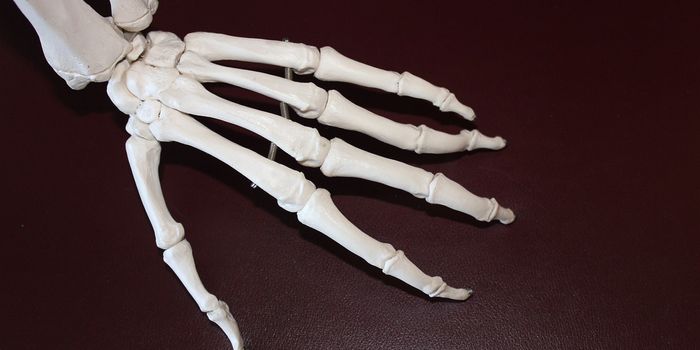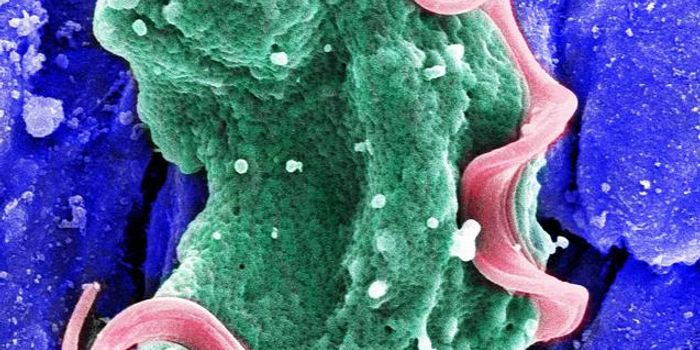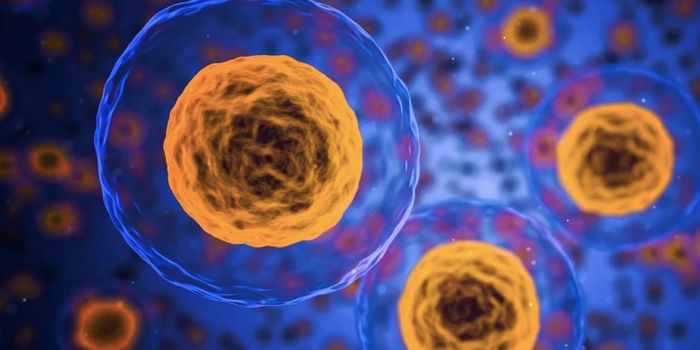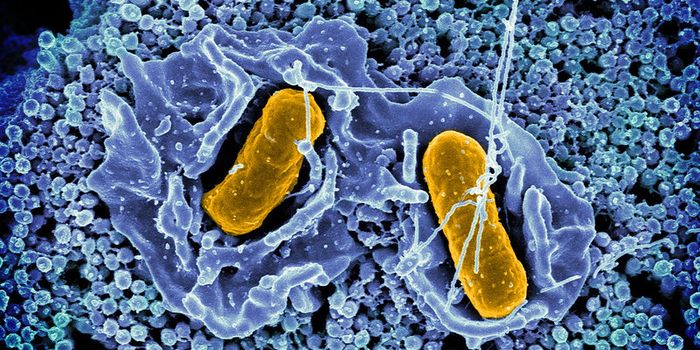Stress in Youth Can Mean Depression as an Adult
Depression, a mood disorder that causes a persistent feeling of sadness and loss of interest, impacts about 40 million adults in the United States age 18 and older. The cause of depression can vary, and for this reason, a team of researchers at the Ohio State University study how childhood stress can contribute to anxiety and depression onset.
Depression affects how one feels, thinks and behaves. Depression can lead to a variety of emotional and physical issues such as day-to-day activities, and sometimes will make one feel as if life isn’t worth living. Insight into how depression can occur becomes important when combating the disorder with medication, psychotherapy or both.
New research provides some explanation as to why stress early in life can create vulnerabilities to mood and anxiety disorders later on. The findings of this study were shared at the November 5th San Diego annual Society for Neuroscience meeting. Mast cells, the immune cells filled with basophil granules found in connective tissue and release histamine during inflammatory and allergic reactions, were highlighted in the study.
"These are immune cells involved in allergic reactions that historically were largely ignored by neuroscientists, but now we're finding in rodent models they could be responsible for some of the changes we see in neurodevelopment after a childhood trauma," said Kathryn Lenz, the study's senior author and an assistant professor of psychology at Ohio State.
The team of researchers is very interested in investigating how this research might begin to draw molecular-level connections between early childhood stress and adult depression. Angela Salusbery, the study’s lead author, focuses on mast cells and how they could be a viable target for preventative medications in children with such stressful environments.
In an attempt to characterize the differences in stress levels, the scientists utilize rats; some rats were exposed to stressful situations, while others were not. Gender was also taken into account in the comparisons.
"We found that stress at different times had different effects -- chronic exposure to stress is where we saw the significant differences in mast cell activity in the brain," Kathryn Lenz, senior author and assistant professor of psychology at Ohio State shares. Lenz adds that those animals had 30 percent more of the immune cells than their unstressed counterparts.
Male rats are observed to have more mast cells in all, an interesting fact because, in humans, males have an increased susceptibility to the development of more serious conditions as they age with childhood trauma and depression.
The laboratory team is trying to understand better how exposure to adverse childhood experiences might lead to issues later in life. The researchers share that, "These childhood traumas, such as living in an abusive home or being neglected, can contribute to a wide array of problems down the road, including drug and alcohol addiction, depression and anxiety and even cardiovascular disease."
Sources: Science Daily, Ohio State University, MayoClinic, YouTube









